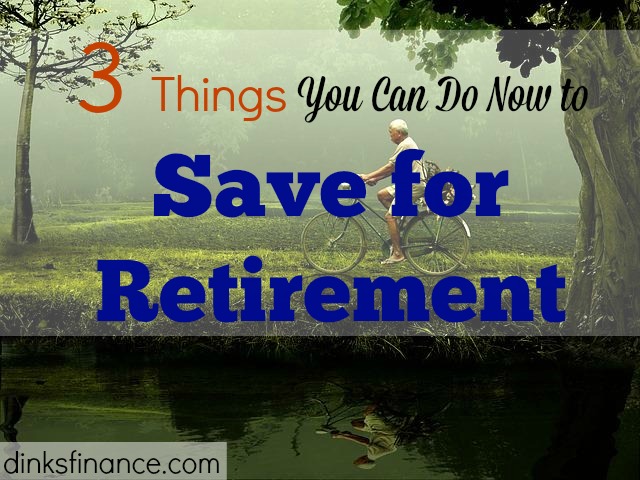
Good morning Dinks. The end of the year is coming up and it’s got me thinking about what I’m going to do next year. Next year I want to read six books (I already have them picked out and ready to go on my bookshelf), take three vacations (for BlogHer in California, SITS Girls in Philadelphia for Women Get Social and FinCon wherever it will be) and move into a bigger apartment.
What do you want to accomplish in 2014?
Maybe your plans are to retire next year and if that’s true let me ask you a serious question, are you ready to retire? According to Statistic Brain 80% of people ages 30 to 54 don’t think they will have enough money to support their retirement. Why is that? Maybe it’s because people are paranoid and we just never believe that what we have is good enough or maybe it’s because as we get older we realize that we should have saved more money when we were younger.
Don’t rely on government money
The average 50 year old has an average of just over $43,000 in savings and if you plan to retire at 55 that doesn’t leave a lot of time to save. As a financial planner I know a lot of clients think that the government will finance their retirement income, but I personally think it’s foolish to rely on someone else for your own money – and happiness for that matter. Statistic Brain says that 35% of Americans aged 65 and older rely entirely on Social Security.
Keep your medical costs in mind
The average length of retirement is just under 20 years and that is a lot of expenses. A lot of the time people factor the costs of their living expenses into consideration, but they don’t factor in the additional costs of medical expenses that people incur when they are older. Retirement is spent in the older years of our lives and the average couple spends over $215,000 on medical expenses during retirement. Buying medical insurance is always a good idea, but it can get very costly as we get older. Planning for the additional costs that come with getting older is a good idea because if you ask anyone who is already retired I am sure they will tell you that it’s not exactly as they thought it would be.
Think about your living accommodations
There are 6000 Americans who turn 65 years old every single day and that’s a lot of retirement. Many people only think about the financial part of retirement and they don’t think about the social aspect of retirement. When you retire where do you want to live? Maybe you want to sell your home and downsize, maybe you want to move to a warmer climate or maybe you plan to move in with a family member. No matter where you choose to spend your retirement years if you have lived in the same neighbourhood your entire life, moving during retirement can be a big change. You will have to start over in a new location with new friends – and that can be difficult, at any age.
Photo by ben jones



The last part is now bothering me a lot. I thought I should downsize and sold may home. Now, I find it hard to find a new home and location. On the one hand I don’t want to leave the city where I have friends. On the other hand, I have to give up on many things if this is the choice I make. I cannot live in a sunnier place for one. Secondly, I have to find a property that is just enough for me, not much room for hobbies and entertainment space. It is a tough one but I thought it would be a lot easier. I thought the world would be my oyster.
I like to add one simple advise for people who want to retire early. Look for investments that will bring regular income as well as capital gains. The capital gain part is not as important in my book if the income is good because why would you sell it to realize capital gains anyway. I have some investments made for long term capital gains. I look reach on the paper but I have cash flow problems that limit what I can do. This because a serious issue when you realize your time in this world is getting shorter and shorter everyday (not that we have any guaranteed time set for us).
Pingback:How are you planning for retirement? How are your parents? | DINKS Finance
Pingback:Does retirement equal death? | DINKS Finance